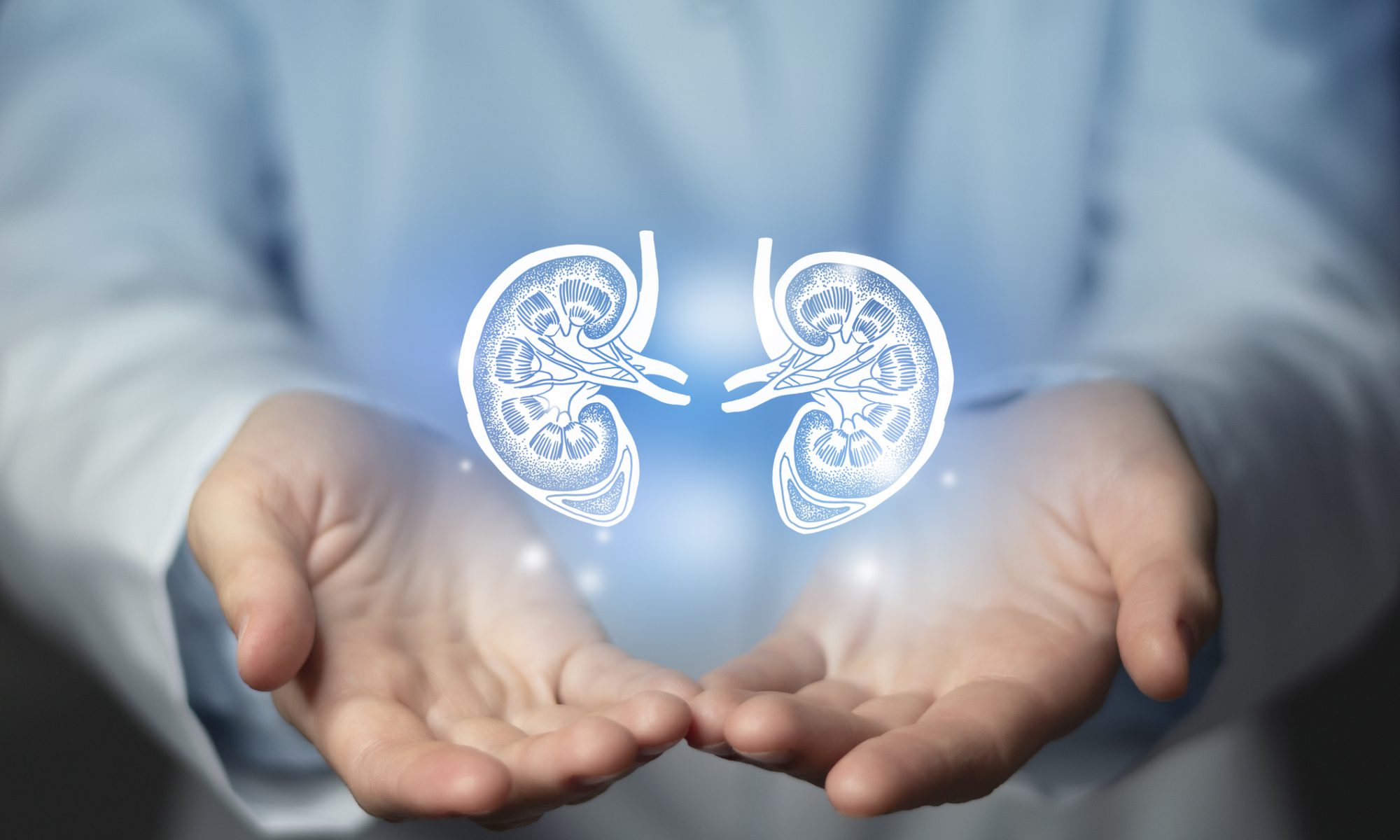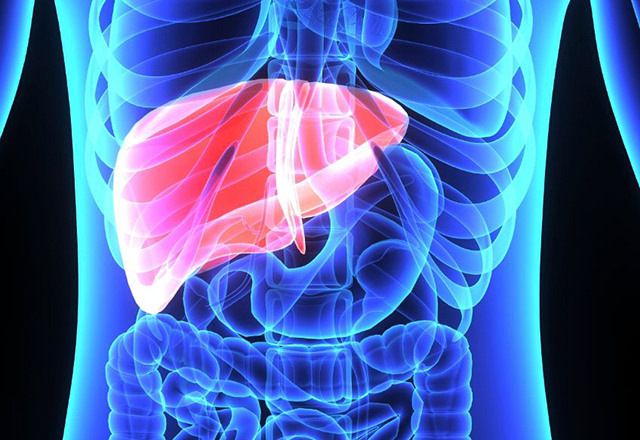By Regina Schaffer
Women who reported sleep difficulties or sleeping less than 6 hours per day were more likely to develop hypertension compared with women who slept 7 to 8 hours, with shift work not affecting the association, researchers reported.
“Both sleep difficulties and hypertension are very prevalent conditions,” Shahab Haghayegh, PhD, a research fellow at Brigham and Women’s Hospital and Harvard Medical School, told Healio. Read the full article in Healio.







